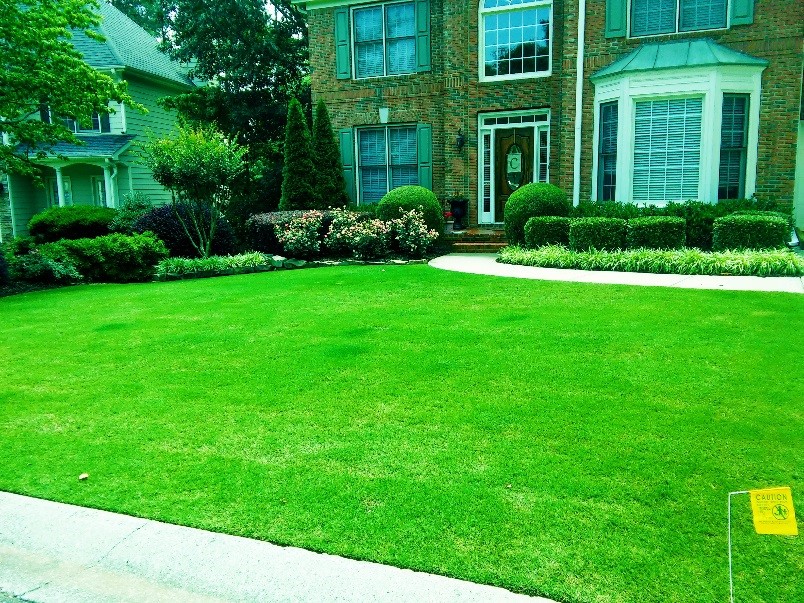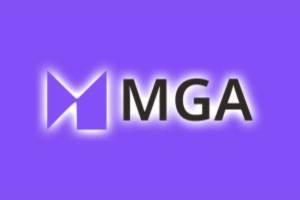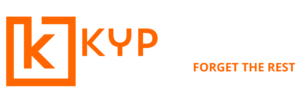
Introduction:
Are you excited to start coding but not sure where to begin? Don’t worry! This beginner’s guide to programming will help you take your first steps into the world of programming. Whether you want to build websites, create apps, or work with software, this guide is for you. Let’s get started on this exciting journey! 🤩
1. Understand the basics:
Before we dive into coding, let’s learn some important terms:
- Algorithms: Step-by-step instructions for troubleshooting.
- Programming languages: Tools for communicating with computers, such as Python, JavaScript, or C++.
- Variables: Containers for storing and working with data.
- Loops: Instructions that repeat actions.
- Functions: Blocks of code that perform specific tasks.
2. Choose a programming language:
Choose a programming language that suits your interests and goals:
- Piton: Easy to learn, widely used for many tasks.
- JavaScript: Ideal for creating interactive websites.
- Ruby: Easy to use with elegant style.
3. Prepare your tools:
To write and run code, you need a development environment. Here’s how to get started:
- Install a text editor like Visual Studio Code either Sublime text.
- Get the tools and frameworks you need for your chosen programming language.
- Find tutorials and guides online for your specific tools.
4. Learn the basics:
Start by mastering the fundamental concepts:
- Variables and data types: Understand how to store and manipulate different types of data.
- Control flow: Learn about conditional (if-else) statements and loops to control the flow of your code.
- Functions and modules: Learn how to create reusable blocks of code and organize them.
When learning to code, it’s crucial to avoid the most common mistakes. Check out our article on the 10 Most Common Programming and Coding Mistakes to Avoid in 2023 for valuable insights and tips.
5. Practice, practice, practice:
Improving your coding skills takes practice. Here’s how you can do it:
- Solve coding challenges on platforms like Leet Code either Hacker Rank.
- Contribute to open source projects in GitHub.
- Work on small personal projects to apply what you have learned.
6. Explore specialized areas:
Once you have a solid foundation, explore different areas of coding based on your interests:
- Web development: Learn HTML, CSS, and JavaScript to build websites.
- Mobile application development: Use frameworks like React Native or Flutter to build mobile apps.
- Data Science: Analyze and interpret data using Python libraries such as NumPy and Pandas.
- Artificial Intelligence and Machine Learning: Develop intelligent applications using Python and TensorFlow.
7. Bonus: How to use ChatGPT to learn programming
In addition to traditional learning resources, you can leverage the power of ChatGPTlike me, to improve your coding experience. Here are some ways you can use ChatGPT to learn to code:
- Ask questions about coding: Do you have a coding problem? Feel free to ask me! I can provide explanations and code snippets, and guide you through the troubleshooting process. Just describe your problem or provide the relevant code and I’ll do my best to help.
- Request clarification: If you encounter complex coding concepts or unclear explanations in your learning materials, please ask me for clarification. I can simplify technical terms, provide examples, and help you better understand the topic at hand.
- Coding Practice Challenges: Challenge yourself by participating in coding exercises and practice problems. Share your problem statement or describe the challenge and I can help you brainstorm ideas, analyze possible approaches, and provide feedback on your solutions.
- Discuss best practices: As you progress through your coding journey, it’s crucial to learn and follow best practices. Consult me to understand coding conventions, style guidelines, and industry-standard approaches. I can help you write cleaner and more efficient code.
- Explore advanced topics: Once you have a solid foundation, you may be interested in diving into more advanced coding topics. Feel free to ask questions about algorithms, data structures, design patterns, or specific libraries and frameworks. I can provide explanations and insights to deepen your understanding.
Remember that while ChatGPT can be a useful resource, it is always beneficial to supplement it with practice, online tutorials, and reference materials. Coding is a practical skill, and the more you practice, the better you will become.
So take advantage of the power of ChatGPT, ask questions, seek guidance, and enhance your learning experience as you progress on your coding journey. Happy coding and learning!
Conclusion:
Starting your journey in the world of coding can be exciting and rewarding. By following this beginner’s guide, you’ll have a roadmap to start coding and progress. Remember that learning to code is an ongoing process, so be patient and keep practicing. With dedication, you’ll discover countless possibilities in the world of coding. Happy coding!







